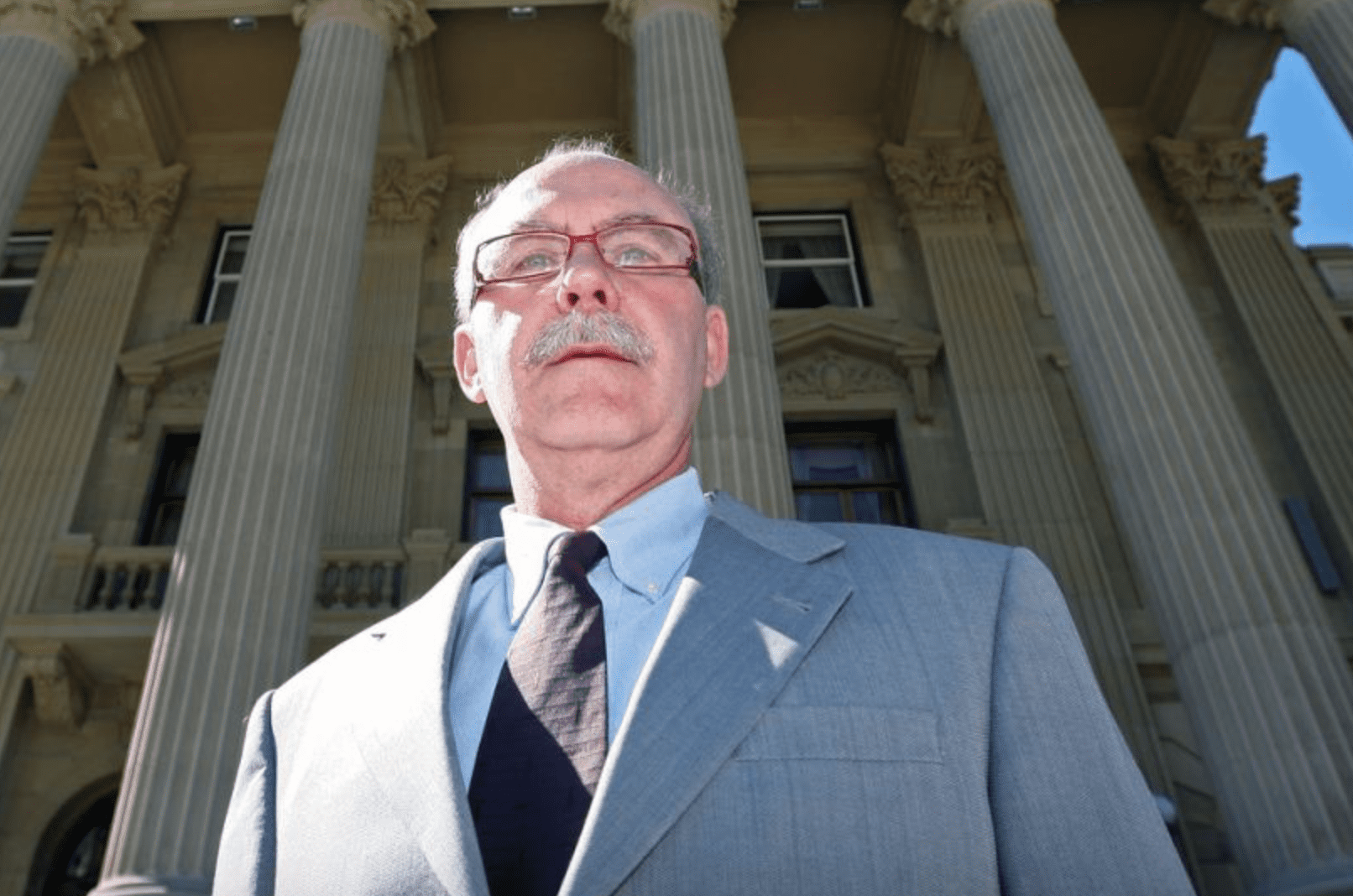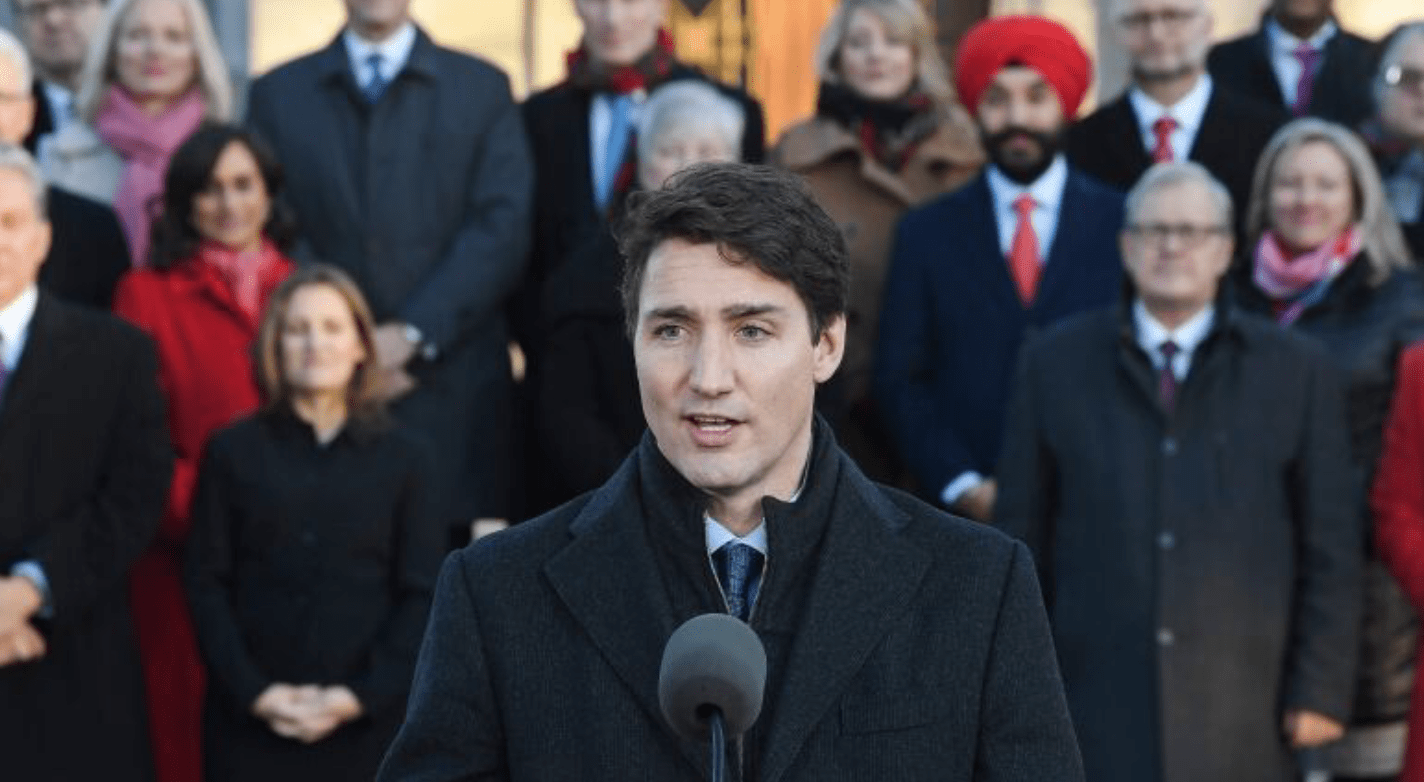It's in the mid 20s in Texas this week, much warmer than snowy Edmonton.
But Jason Kenney, who is on an investment attraction junket to Houston and Dallas, isn't nearly as hot as he would be if had stayed home to face the music over the firing of the Alberta Election Commissioner.
The firing of Lorne Gibson, who has levied $210,000 in fines against UCP members embroiled in an investigation of irregularities in the 2017 party leadership race, has excited a political maelstrom in the province.
Bill 22, which does the deed, moving the commission's staff under the chief electoral officer while discharging Gibson, is expected to save $1 million over five years. Alberta Finance Minister Travis Toews argues this is not an abuse of power but rather "democracy in action" saving taxpayers' dollars.
But given that the commissioner's work picking apart possible issues with the UCP race is not complete and there are still court actions to be heard challenging the fines, the shake-up appears to relate more to political expediency than bean counting.
Opposition Leader Rachel Notley got herself turfed from the legislature on Tuesday to prove how seriously the issue should be taken. She claimed the government house leader had "misled the house" about the bill, which she knows is a speedy ticket out of the chamber.
She told reporters:I "It reeks of corruption. It reeks of the sort of entitlement and self-dealing the conservatives became known for … It's an abuse of power. Pure and simple. You can only wonder what it is the UCP is trying to hide from Albertans in these investigations."
For Notley, inviting ejection from the house is an action not taken lightly. She loves the theatre of question period and is happy to employ the dramatic elements of bluster and filibuster, but forcing the Speaker to banish her is drastic.
So too is her letter asking that if and when Bill 22 passes, the Lieutenant Governor refuse to give it assent.
The government has already announced closure on debate on Bill 22, no doubt hoping it can be dispensed with before Kenney returns to the legislature.
Given the breakneck pace of the government's agenda, Kenney is likely hoping the sting of the commissioner's firing will fade from the news cycle fairly quickly.
But this is not a routine expense scandal or partisan board firing. The entire question of the way the UCP leadership campaign and vote was conducted has legs. And the high handedness of thinking Gibson's ouster could be glossed over is a miscalculation.
The government's usual allies in the media are even flummoxed by this one. The Globe and Mail has opined against the bill in an editorial. Talk show hosts are fielding calls from critics of the firing who profess to have voted UCP in the last election.
Notley is not apologizing for her comments in the house, but she is likely to find a way back into the legislature so she can confront Kenney directly on the issue when he does return from sunny Texas.
And what of Gibson himself? He released a high minded response on Tuesday expressing his disappointment with the government decision to deep six the independent elections watchdog role.
"Inadequate enforcement of election rules can allow for inappropriate conduct to occur and that conduct can affect voter participation and election outcomes," he wrote.
The government argues that Gibson could be rehired by the chief electoral officer once commission staff have been brought under his wing. UCP house leader Jason Nixon argued that "any investigations that the chief electoral officer and the election commission deem need to continue forward, will continue."
But critics dismiss the protestations, pointing out that the Chief Electoral Officer's own term ends in the spring.
The controversies bedevilling the UCP at the moment may fade before the next election three and a half years distant. But the firing of Lorne Gibson has dealt a blow to the government.
If Gibson is in fact looking for a job after his severance runs out, perhaps the NDP could contemplate recruiting him as a candidate. He could run in Calgary-Lougheed against incumbent MLA Jason Kenney.
Photo Credit: Calgary Herald










